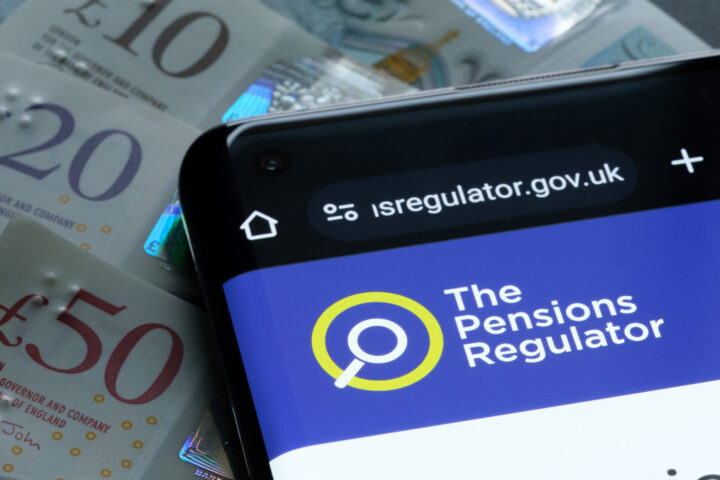Pension savers claimed back more than £100,000 each in emergency tax on pension withdrawals last year, figures from Royal London found.
Data from a Freedom of Information (FOI) request showed around 2,400 people got refunds over £10,000 and some had to claim back over £100,000, after being hit by emergency tax when taking money from their pension for the first time.
Royal London said the average refund per saver was £3,342 in 2023-24, which was up 9% on the year before.
Around 60,000 people claimed back emergency tax, up 20% compared to the previous year.
The top 25 refunds averaged £106,897.
Clare Moffat, pension expert at Royal London, said: “It’s incredible to think that some people withdrawing from their pension for the first time were entitled to emergency tax refunds in excess of £100,000.
“Not only do these taxes usually come as a massive shock, the unexpected tax amount can also scupper people’s carefully laid plans.
“Suddenly, that large chunk of money which had been earmarked for something special, like a new kitchen or the holiday of a lifetime, has shrunk considerably, and in some cases these plans may have to be postponed or abandoned altogether.”
Moffat added: “If these withdrawals are being made to help children or grandchildren get a foot on the housing ladder, then the effect can be to derail a home purchase at the last minute when it’s discovered that the money required to complete the purchase has suddenly been eroded.
“The data relating to those who paid more than £100,000 in emergency taxes will likely have included some people looking to fund home purchases, either for themselves or for a loved one.
“To trigger a tax bill of that size, they will have made a withdrawal in excess of £300,000.”
She said: “HMRC recently announced an overhaul of its emergency taxing codes on pensions, which it promises will deliver quicker refunds, but that doesn’t mean people won’t still be charged the higher rate in the first place.
“In fact, the recent announcement by the government that pensions will soon be subject to inheritance tax may have the knock-on effect of triggering a surge in emergency taxes on pension withdrawals.
“Looming inheritance tax means more and more people are considering dipping into their pension pots while they are alive for the purpose of making large lifetime gifts to loved ones, which are exempt from inheritance tax if the giver survives for seven-years after making the gift.”
She added: “A rise in large lump-sum withdrawals will likely mean an even greater spike in emergency taxes on those withdrawals.
“So, the problem of emergency taxes isn’t going away, and there’s a chance it could get worse.”
To get the money back, retirees must fill in one of three forms and wait for a refund.
Around £1.4bn has been refunded since 2015.
If people don’t fill out the paperwork, they have to wait for HMRC to correct it at the end of the tax year, which can take months.
Royal London said making a small first withdrawal can help avoid emergency tax, as it sets a more accurate tax code for future withdrawals.
She said: “The temptation is to make your first withdrawal a big one to splash out a little after years of careful saving.
“Unfortunately, that’s exactly how you end up paying a large chunk of your life savings in emergency tax.
“For those who’ve benefited from financial advice in planning their retirement, advisers will highlight the value of withdrawing a modest taxable amount.”
She added: “This helps ensure a more appropriate tax code is applied to future withdrawals—so you only pay the tax that’s due, rather than being hit with emergency tax you’d need to reclaim later.”
















